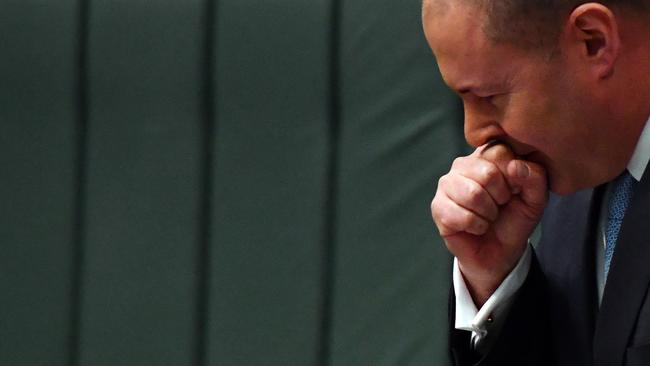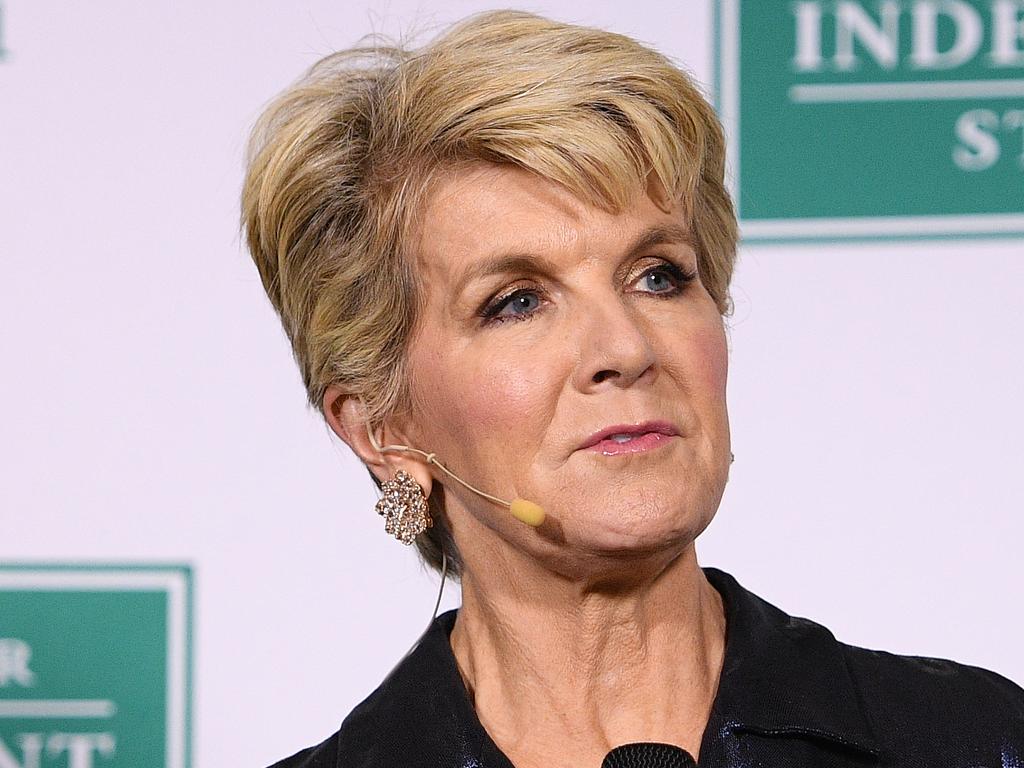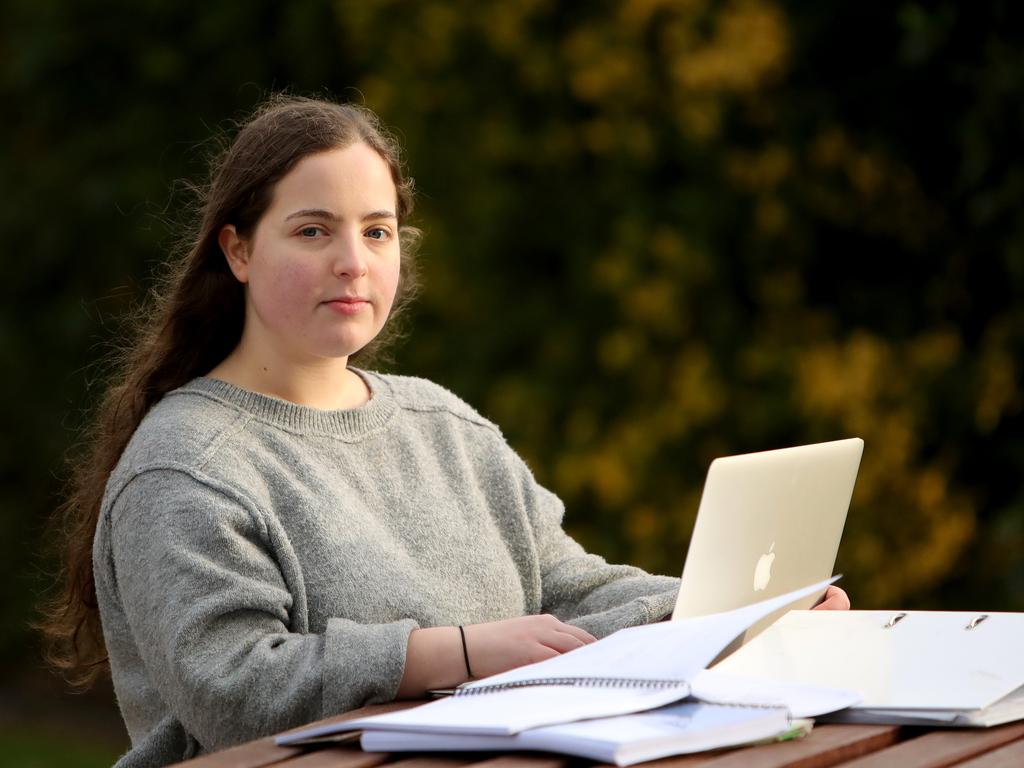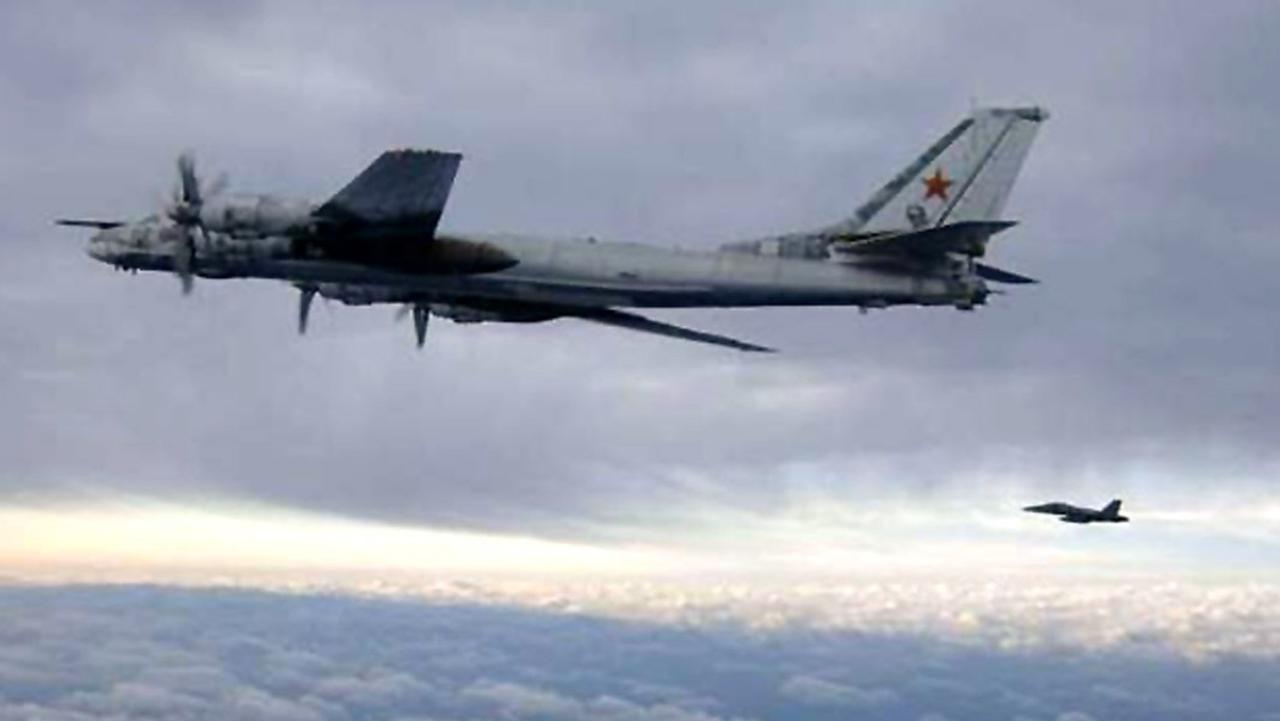Virus debt hard to swallow for Frydenberg
Josh Frydenberg has offered a sobering account of the cost of the COVID-19 crisis and says lifting restrictions builds confidence.

Josh Frydenberg has offered a sobering account of the cost of confronting the COVID-19 crisis and declared it “paramount’’ that lifting restrictions builds confidence as the nation tries to emerge from a “health and economic shock the likes of which the world has never seen”.
In an address to parliament on the day when the government had been due to deliver the nation’s first budget surplus in more than a decade, the Treasurer revealed the underlying cash budget deficit was $22.4bn in March — or $9.9bn worse than expected late last year.
Mr Frydenberg also warned that national debt, which had risen more than $50bn to $618bn, would take “many years to repay”.
But he said that Australians were winning the war against the “faceless and flagless enemy” of the virus.
However, on Tuesday afternoon the Treasurer was forced to self-isolate pending the results of a COVID-19 test after he was briefly forced to halt his speech after suffering a coughing fit.
“Too long a speech,” he quipped as he drank from a bottle of water and resumed his speech in the House of Representatives after several attempts.
Mr Frydenberg confirmed later that, on the advice of the Deputy Chief Medical Officer, he would take a coronavirus test, and would go into isolation pending the results, which on Wednesday morning came back negative.
Yesterday I was tested for COVID-19 out of an abundance of caution on the advice of the Deputy Chief Medical Officer. This morning I received the result of the test which was negative.
— Josh Frydenberg (@JoshFrydenberg) May 12, 2020
In a speech that did not include a projection about the likely budget deficit for this financial year, the Treasurer outlined the enormous cost of social distancing measures on the economy.
Restrictions would slash $50bn from the economy over the three months to June — equivalent to the combined output of South Australia, Tasmania, the Northern Territory and the ACT.
By the middle of this year, the number of unemployed Australians will have nearly doubled to 1.4 million, or about 10 per cent of the workforce.








To join the conversation, please log in. Don't have an account? Register
Join the conversation, you are commenting as Logout